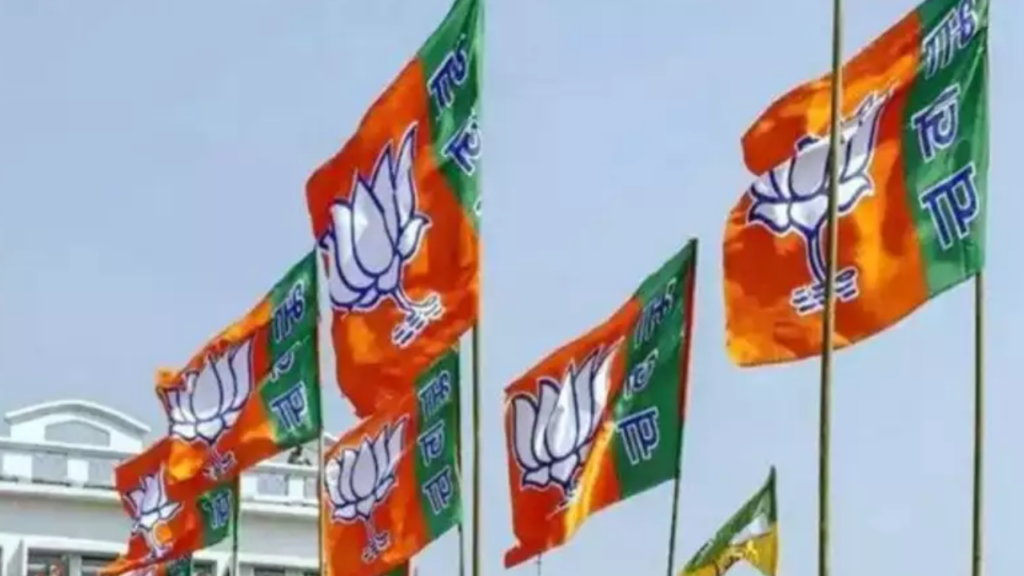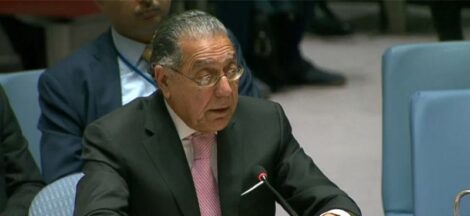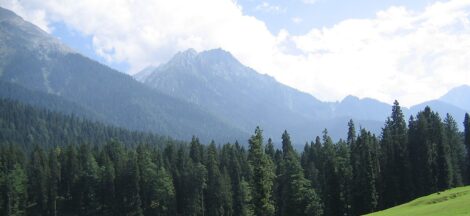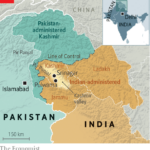The Cabinet Committee on Political Affairs , chaired by Prime Minister Narendra Modi, has approved the inclusion of caste enumeration in the forthcoming national census. This decision, announced by Union Minister Ashwini Vaishnaw on Wednesday, marks a significant policy shift, addressing a longstanding demand from various political and social groups.
Vaishnaw stated that the inclusion of caste data aims to strengthen the social and economic structure of society, ensuring that development policies are more inclusive and representative. He emphasised that the census, being a Union subject under Article 246 of the Constitution, should be conducted transparently to avoid the ambiguities associated with state-level surveys.
The announcement comes after years of debate and political contention over the necessity and implications of a caste-based census. While the last comprehensive caste data collection occurred in 1931, post-independence censuses have only included information on Scheduled Castes and Scheduled Tribes. The absence of detailed caste data has been a point of contention, with various groups arguing that it hampers effective policy-making and resource allocation.
Opposition parties, particularly the Congress, have been vocal in their demand for a caste census, arguing that it is essential for social justice and equitable development. Rahul Gandhi, a prominent Congress leader, welcomed the government’s decision but called for a clear timeline for its implementation, describing it as “the first step towards deep social reform.”
The government’s move also responds to the actions of several states that have conducted their own caste surveys. States like Bihar, Karnataka, and Telangana have undertaken such exercises, citing the need for accurate data to inform state policies. However, Vaishnaw criticised these state-level surveys, labelling them as politically motivated and lacking transparency.




 Pakistan Alleges Imminent Indian Military Strike
Pakistan Alleges Imminent Indian Military Strike 